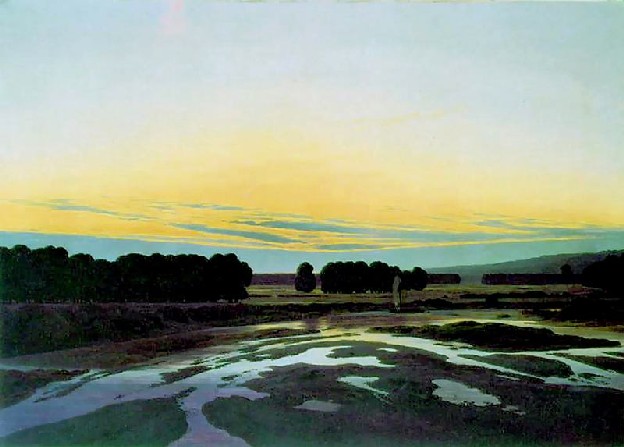UN ESTUDIO SOBRE EL EROTISMO Y LA VIRGINIDAD EN ”ASH WEDNESDAY” DE T. S. ELIOT Y “PERSEO VENCIDO” DE GILBERTO OWEN
Abstract
Este ensayo tomará como base la idea de Paul Ricœur que señala que “la tradición, aún entendida como transmisión de un depositum, es tradición muerta si no se interpreta continuamente” (El conflicto de las interpretaciones, 31). En otras palabras, este proyecto analizará la reinterpretación y el reto que hace Perseo vencido a la tradición judeocristiana y modernista británica (que equivale a la vanguardia en la América hispana) —representada esta última por Eliot en Miércoles de ceniza—de la mujer pura y virginal a través de la mujer erótica que sucumbe ante esta tradición, y, sobre todo, del hombre que es derrotado en su deseo de una mujer sexual y que recibe a cambio una mujer casta. El poema de Owen será, pues una metáfora viva—una reescritura crítica—del texto de Eliot y de la tradición británica y patriarcal del poema de este autor inglés.Downloads
-
Abstract376
-
PDF (Español (España))274
Works published in this journal are subject to the following terms:
1. The Servicio de Publicaciones of the University of Murcia (the publisher) reserves the copyright of the published works and encourages and allows their reuse under the usage licence indicated in point
© Servicio de Publicaciones, Universidad de Murcia, 2015
2. Works are published in the electronic edition of the journal under a Creative Commons Reconocimiento-NoComercial-SinObraDerivada 4.0 International licence (legal text). They may be copied, used, disseminated, transmitted and publicly displayed, on condition that: i) the author and original source of the publication are cited (journal, publisher and URL of the work); ii) the material is not used for commercial purposes; iii) the existence and specifications of this licence for use are mentioned.

3. Self-archiving conditions We allow and encourage authors to electronically disseminate the preprint versions (the pre-review version) and/or post print (the version that has been reviewed and accepted for publication) of their works before they are published as this encourages earlier circulation and dissemination and so a potential increase in their citation and impact in the academic community.




